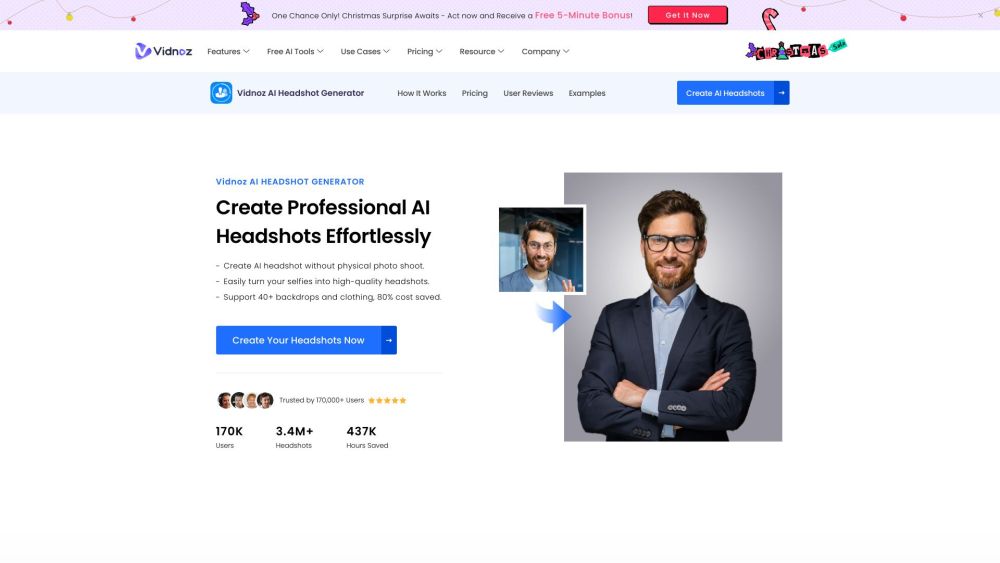Many users have likely experimented with ChatGPT, and it's understandable if some have set it aside after initial use due to its still-limited integration into daily tasks. Yet, it's important to recognize that this moment signals a paradigm shift that may lead to transformative changes. Wei Qing, Chief Technology Officer of Microsoft China, emphasized this sentiment during a recent book discussion. The effects of this shift may take time to emerge, but the disconnect many feel with ChatGPT has become a common reality.
Since its launch on the Apple App Store a month ago, ChatGPT has achieved 5 million downloads, though its web traffic is beginning to stabilize. The rapid growth observed earlier in the year appears to be an ephemera, as user numbers are finite, and such growth often hastens saturation. Within less than a year, ChatGPT peaked in web traffic and is now pivoting to target the mobile internet landscape.
Despite its impressive growth, ChatGPT must adhere to market dynamics. According to SimilarWeb, web traffic for ChatGPT has started to slow—global visits reached 1.8 billion in May, but month-over-month growth was just 2.8%, a stark contrast to the remarkable growth earlier in the year. The large models, once viewed as groundbreaking, are now being grounded in market realities.
This trend isn’t limited to ChatGPT. Bing, which employs similar large model technology, also experienced a traffic decline following the introduction of GPT-3.5 and GPT-4 in February. By May, Bing's natural search traffic, initially boosted by curiosity about the new AI features, had dropped by 56.84% compared to previous months. Traditional search engines are regaining traction, suggesting that AI-powered search may not be meeting user expectations as effectively as anticipated. Bing's market share fell from 2.86% in March to 2.77% in May, indicating a return to competitive norms.
As new players emerge, traditional platforms like Reddit and Stack Overflow are feeling the effects. Reddit has experienced a notable decline in traffic, prompting it to charge for API access to counter financial losses. Stack Overflow reported a 13.9% drop in traffic since March, as users increasingly lean on ChatGPT for coding help. In response, these platforms are introducing paid APIs and developing specialized large models to stay relevant.
The academic resource platform Chegg is also grappling with falling stock prices and revenue, directly linked to ChatGPT's rise among students seeking homework assistance. As platforms adjust their offerings, the broader trend reflects an industry adapting to new competitive pressures.
In the dynamic landscape of artificial intelligence, particularly in the Chinese market, the number of foundational large models is increasing, yet few companies have effectively commercialized them. As growth levels off, developers and platforms might need to rethink their strategies. For example, OpenAI is contemplating a model akin to an app store for developers to build applications using its technology, fostering a viable ecosystem beyond merely enhancing existing products.
This transition to a platform-centric approach aligns with broader industry trends, where successful companies establish extensive digital ecosystems. However, many developers face challenges in creating AI applications, primarily due to data-sharing concerns among partners.
As AI technology, particularly large models, gains importance in the global digital economy, the need for market regulations becomes crucial to ensure ethical and sustainable practices within the rapidly evolving AI commerce landscape.




